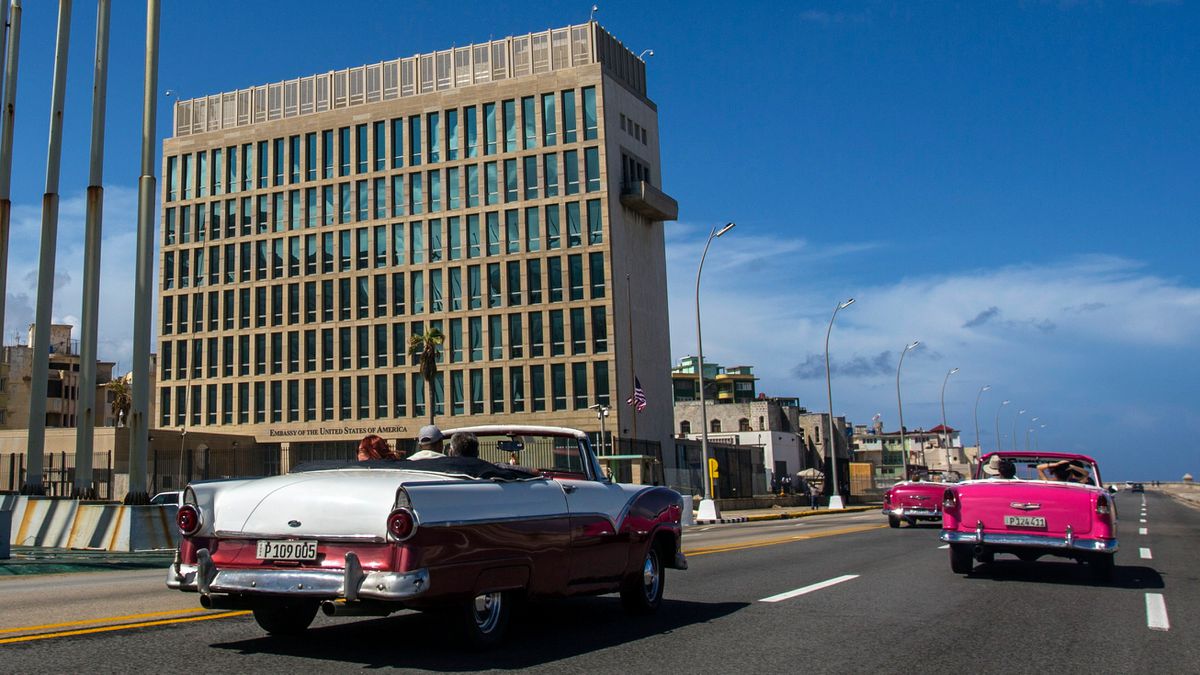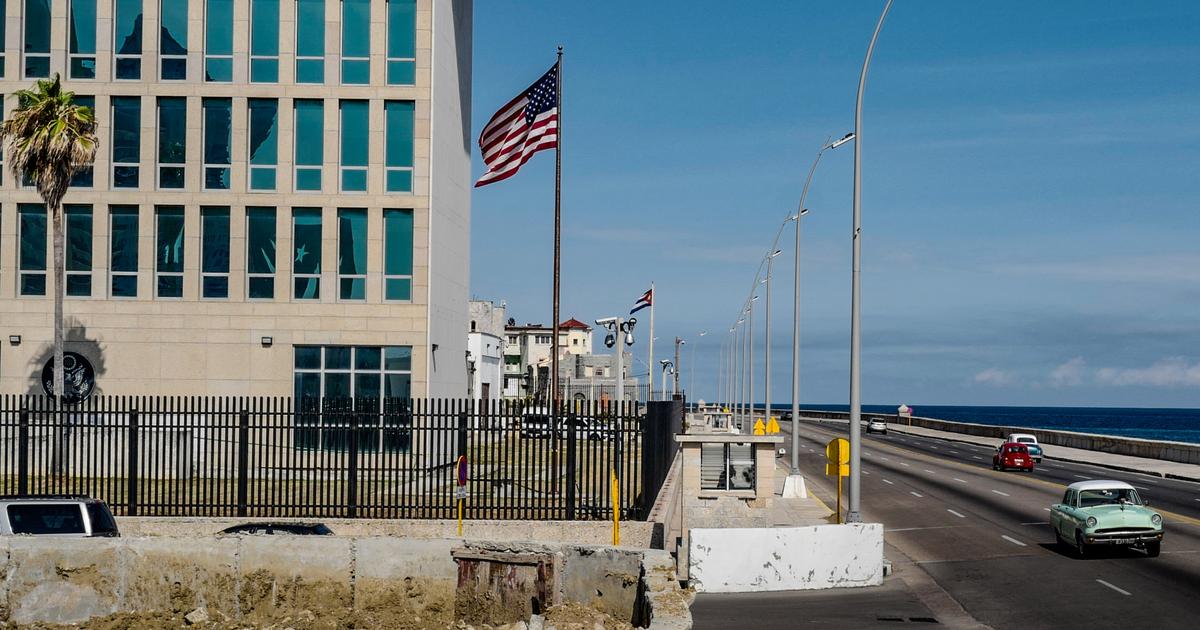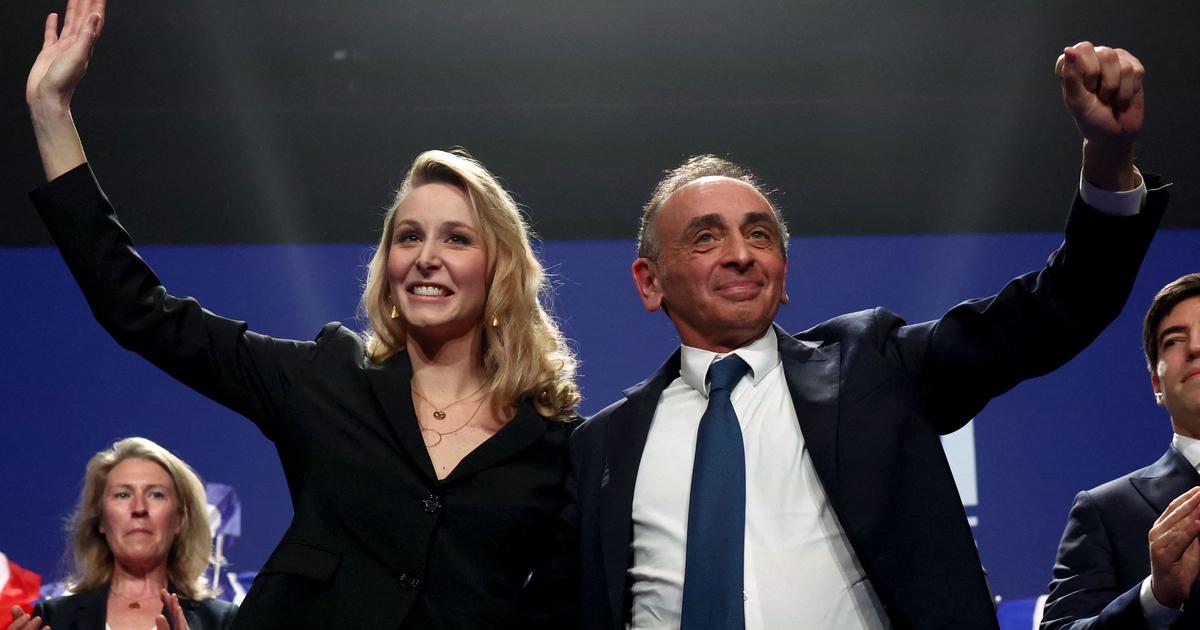Since the disintegration of the USSR more than 30 years ago, social science academics inside and outside Cuba have discussed what kind of transition would take place on the island. Some saw conditions for a democratic transition; others noted that the transition would take place towards some authoritarian modality; Still others pointed out that the displacement would be minimal, between a preservation of the old regime and the incorporation of post-totalitarian elements.
After three decades, it seems clear that the third variant has predominated. In these 30 years, the Cuban regime, neither in its institutional design nor in its fundamental public policies, has adopted the models of its great international allies: Venezuela, Russia, China or Vietnam. Their system remains more like the Soviet Union and real Cold War socialisms than any capitalist communism or autocratic populism of the twenty-first century.
That certainty is beginning to falter these days. Just four years after the adoption of the new Constitution and more than a decade after the approval of the so-called "Guidelines" of the Communist Party of Cuba, which condensed those post-totalitarian adjustments, the ruling leadership, increasingly disinhibited, asks to study and transfer norms and practices of the Chinese, Vietnamese or Russian models, very different from each other.
Delegations of the Cuban Communist Party travel to China and Vietnam and Chinese and Vietnamese leaders visit the island and call for regulatory and institutional changes in Cuba. In 2018, Vietnamese party leader Nguyen Phu Trong defended the "market economy" in Havana. Two years later, President Nguyen Xuan Phuc reiterated the message, and a few weeks ago so did parliamentary leader Vuong Dinh Hue.
Even more evident is the promotion of the Russian model, amid renewed geopolitical complicity between Havana and Moscow, in support of the invasion of Ukraine. Demands for reforms within Cuba, to align the island's system with one or several of its allies, have never been more explicit. At the time of the great understanding between Caracas and Havana, led by Hugo Chávez and Fidel Castro, at the beginning of the twenty-first century, the reverse logic predominated: Cuba was, or pretended to be, the model to follow.
Now we see the Institute of Growth Economics Stolypin – in honor of Piotr A. Stolypin, the prime minister of Tsar Nicholas II, at the beginning of the twentieth century, reviled by Lenin and Trotsky and admired by Solzhenytsin and Putin – elaborating a project of economic reform for Cuba, more exhaustive and authoritative than the one he proposed, in the 90s. Carlos Solchaga, Minister of Economy and Finance of the Government of Felipe González.
According to Boris Titov, director of the Stolypin Institute, presidential commissioner for "the rights of entrepreneurs" and new president of the Cuba-Russia Business Economic Forum, it is essential that "legislative changes" be made in Cuba so that the Russian reform of the Cuban economy can be implemented on the island. In recent days, Deputy Prime Minister Dmitri Chernyshenko reiterated something similar in Havana: the "road map" of the new "business cooperation" with Russia will require "changes in Cuba's legislation."
The little that is known about this project of "integral solutions to Cuba's problems," in the words of President Miguel Díaz-Canel, is that, in addition to energy, it would facilitate the supply of Russian wheat, give land in usufruct to Russian companies, develop the import of inputs for small and medium-sized Cuban companies and increase the influx of Russian tourism to the island. until reaching, according to the Minister of Economy, Alejandro Gil, 500,000 visitors per year.
It is too early to know what kind of restructuring of the Cuban economy and society would produce a reorientation of the island's model towards the Russian reference. For the time being, several phenomena of recent history such as the creation of the military-corporate apparatus and the geopoliticism of foreign policy, in contrast to the mixture of diplomatic realism and economic opening, still in force in China and Vietnam, prepare the ground for the transition to a new oligarchic capitalism in the Caribbean.
Some recent indications, such as the presence of the private sector and publicity in the new Communication Law and the call of institutional and academic sectors on the island to move towards a "reform of the State", are part of the same trend. It is difficult to specify how much this displacement responds to a geopolitical challenge to the European Union and the United States, so that they relax sanctions, because they do not lag behind in the distribution of interests on the island, or an attempt to strengthen Moscow's ties in Latin America and the Caribbean, amid the global rejection of the invasion of Ukraine.
The truth is that, unlike Venezuela or Nicaragua, none of the governments mentioned here, the Russian, the Vietnamese or the Chinese, seeks to stoke their conflicts with the West through rapprochement with Cuba. On the contrary, as Putin himself has acknowledged, the authoritarian capitalist transition, which these governments promote on the island, would find its most advantageous outcome in a scenario of recovery of the strategy of diplomatic normality from Washington or Brussels. Only, in whatever variant of normality they apply, neither the United States nor the European Union will renounce the agenda of human rights and democracy promotion.









